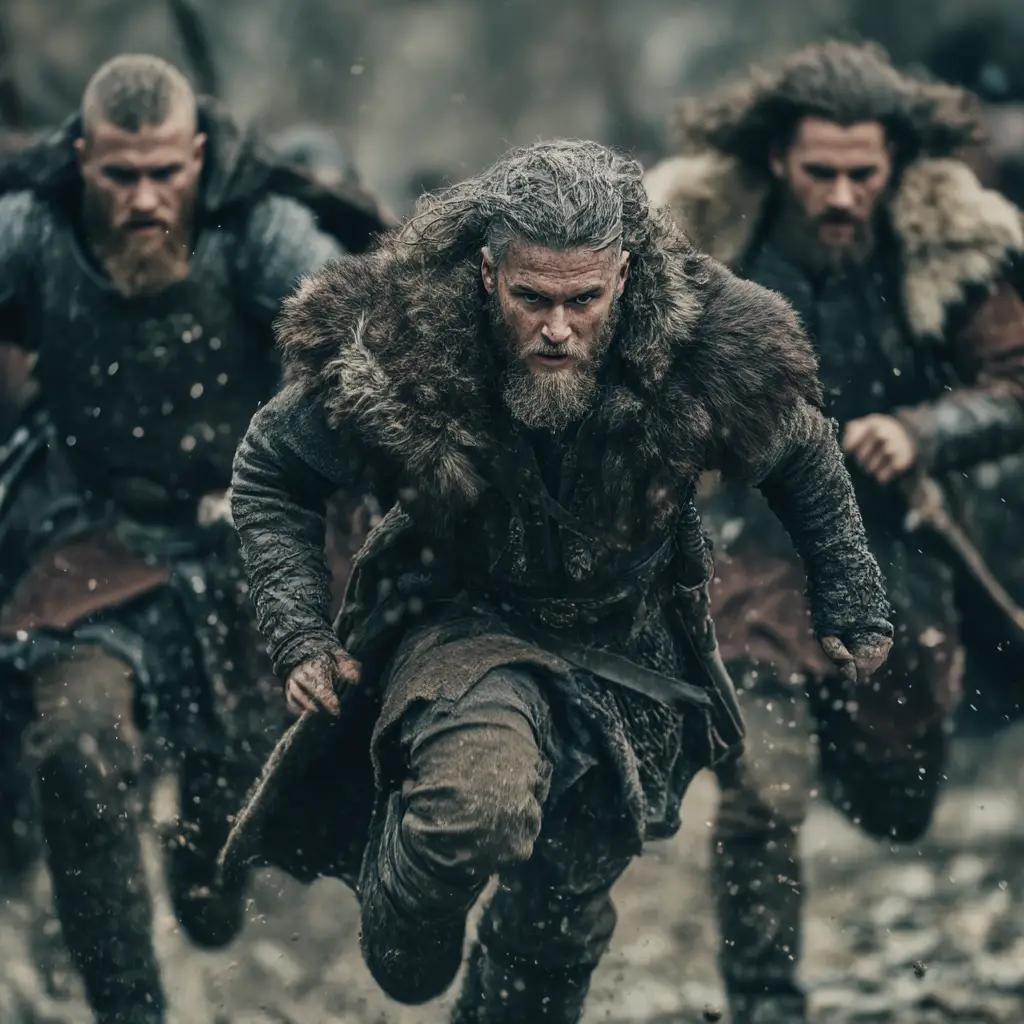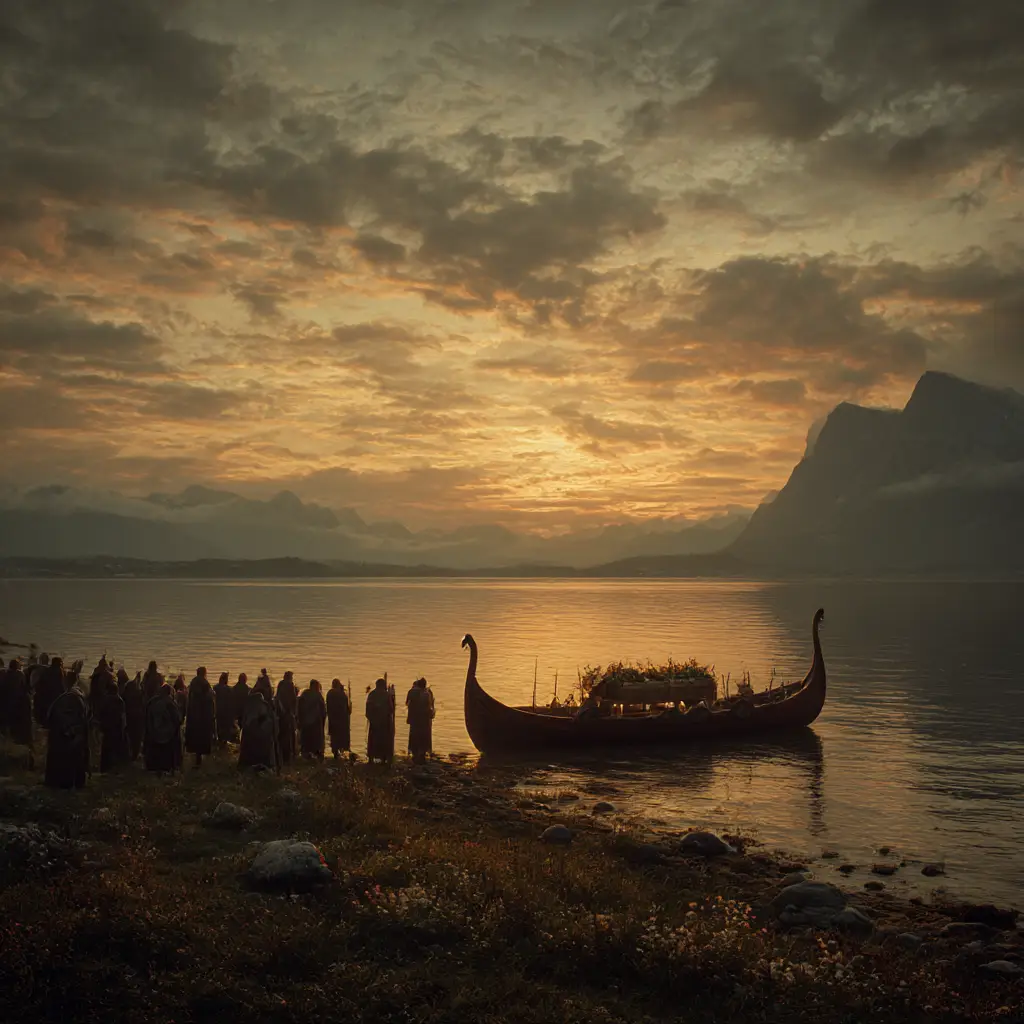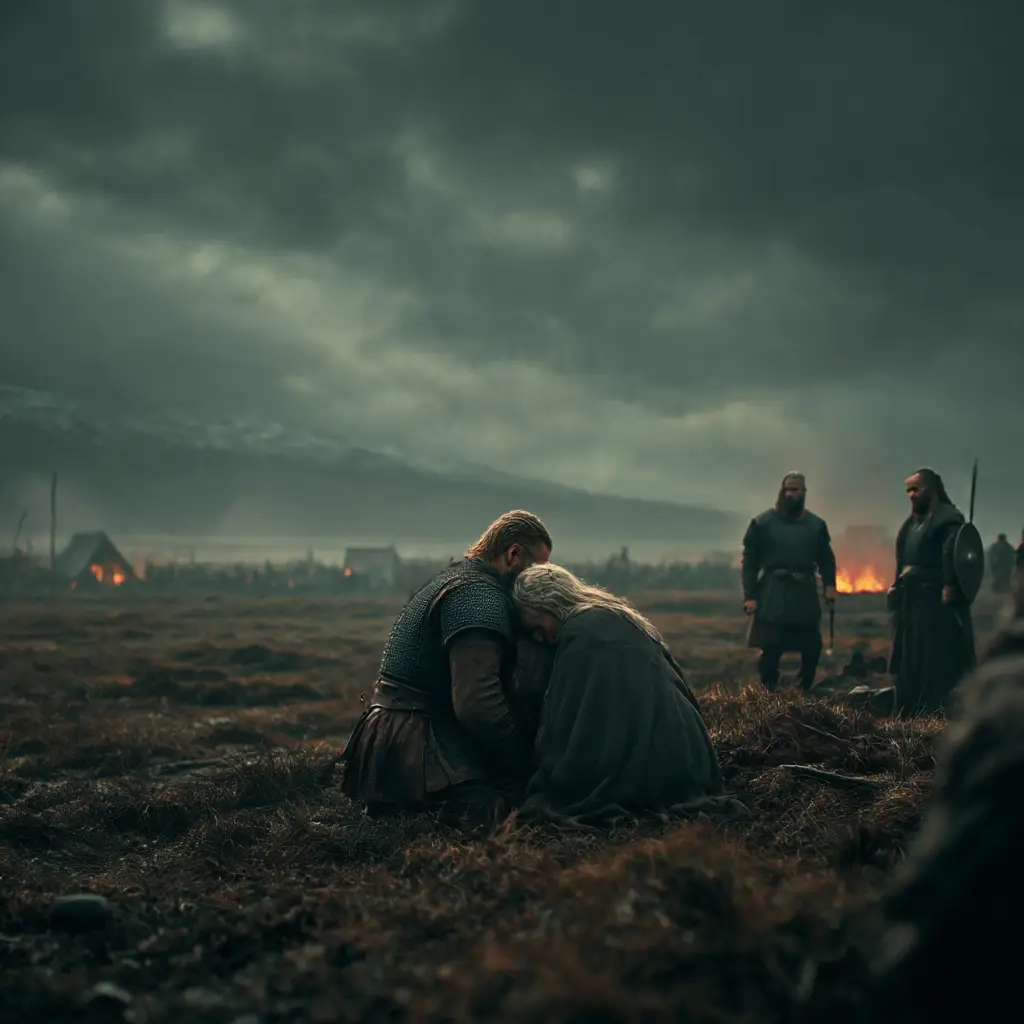Following the burning of Njáll Þorgeirsson, his wife Bergþóra, and their family at Bergthorshváll, the saga turns towards themes of vengeance, honour, and the complex pursuit of justice within Icelandic law and society. The event leaves a deep scar on the land and its people, marking one of the most tragic and pivotal moments in Icelandic literature.
Flosi Þórðarson, leader of the burners, is burdened with guilt and fear of retribution. The survivors and allies of Njáll’s family, particularly Kári Sólmundarson, take up the duty of avenging the wrong. Kári’s pursuit becomes relentless, driven by both loyalty and the moral weight of restoring balance after such a grave injustice. The saga follows his journey across Iceland, the Orkney Islands, and even to Rome, where he eventually seeks peace through faith and repentance.
At the Althing, Iceland’s national assembly, the legal aftermath unfolds with remarkable detail. The saga presents the Icelandic legal system at its height, showcasing the balance between vengeance and lawful resolution. Skarphéðinn’s death and the settlement that follows highlight the limits of both human justice and forgiveness. Despite efforts to mediate and restore peace, the blood feud continues to echo through generations, illustrating how honour and revenge often stand in tension with law and faith.
In the end, Njáls saga does not simply close with vengeance satisfied or peace achieved. Instead, it reflects on human frailty, the passage from pagan honour to Christian forgiveness, and the idea that true justice may lie beyond earthly courts. The aftermath and pursuit of justice in Njáls saga stand as a mirror to medieval Icelandic values and remain one of the most profound explorations of morality and law in all of Norse literature.


